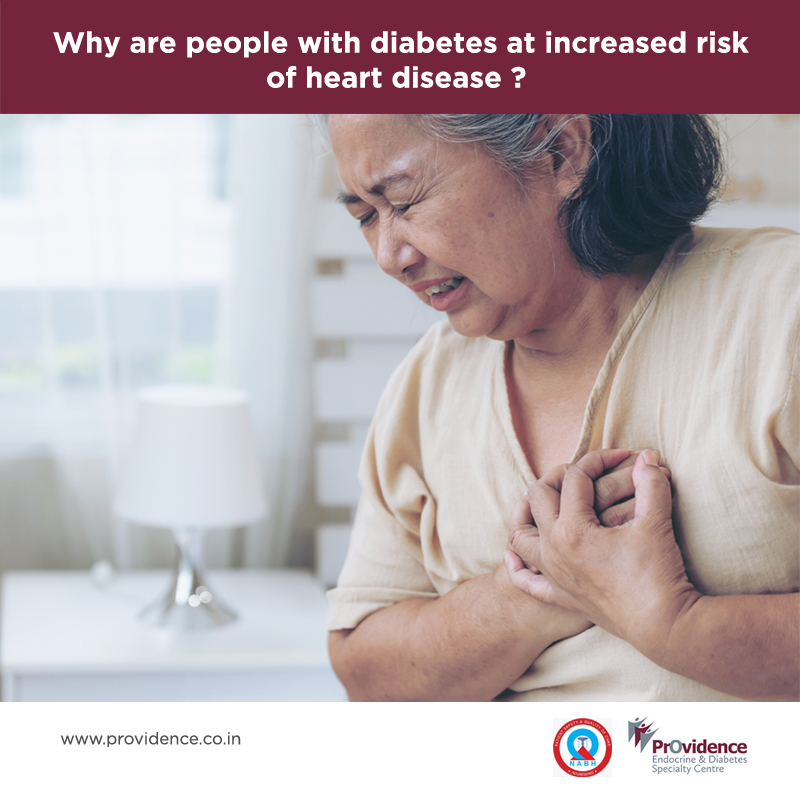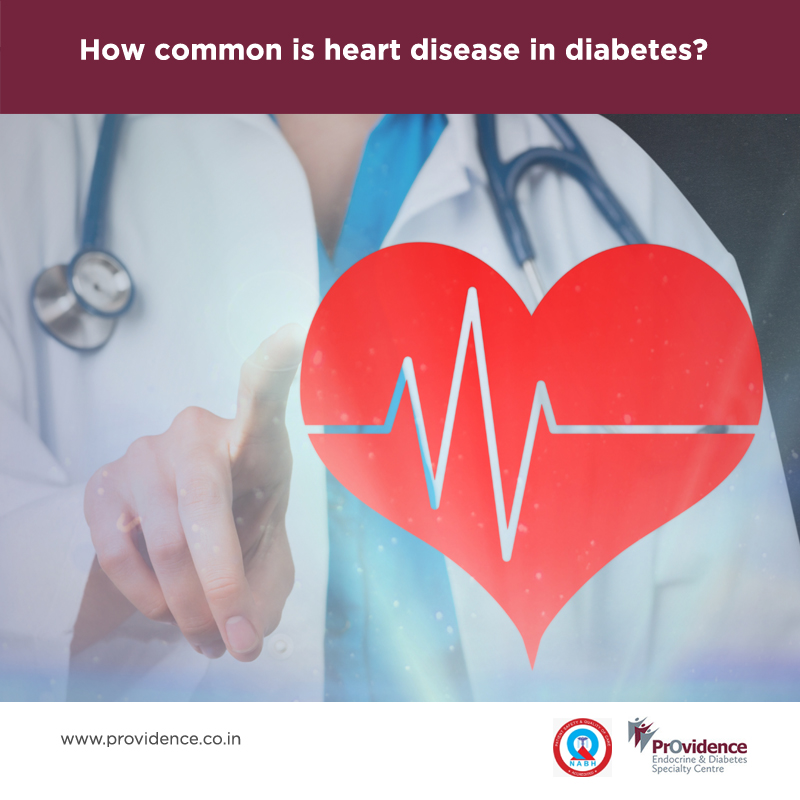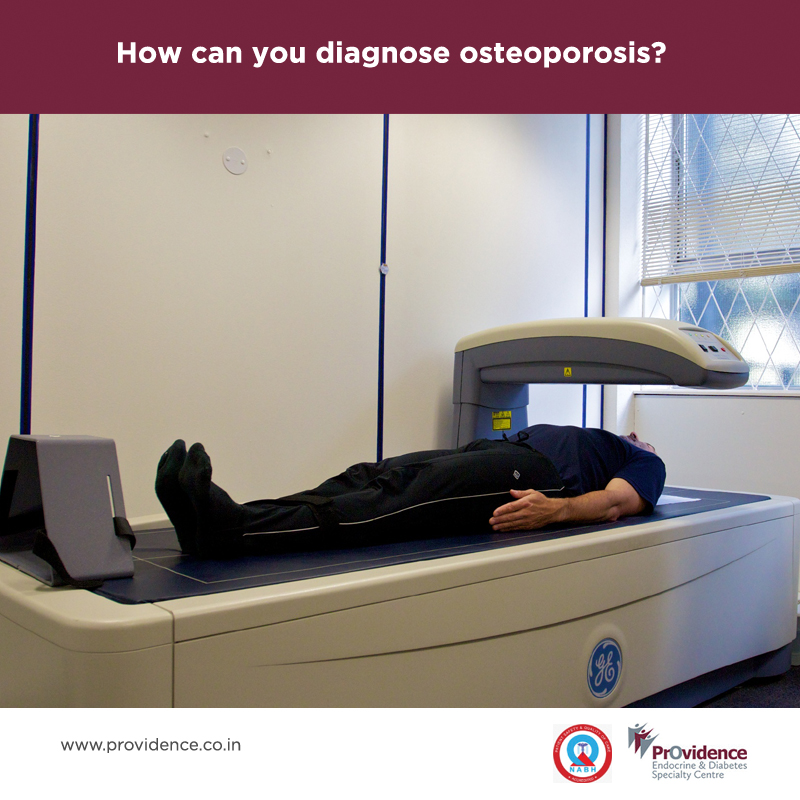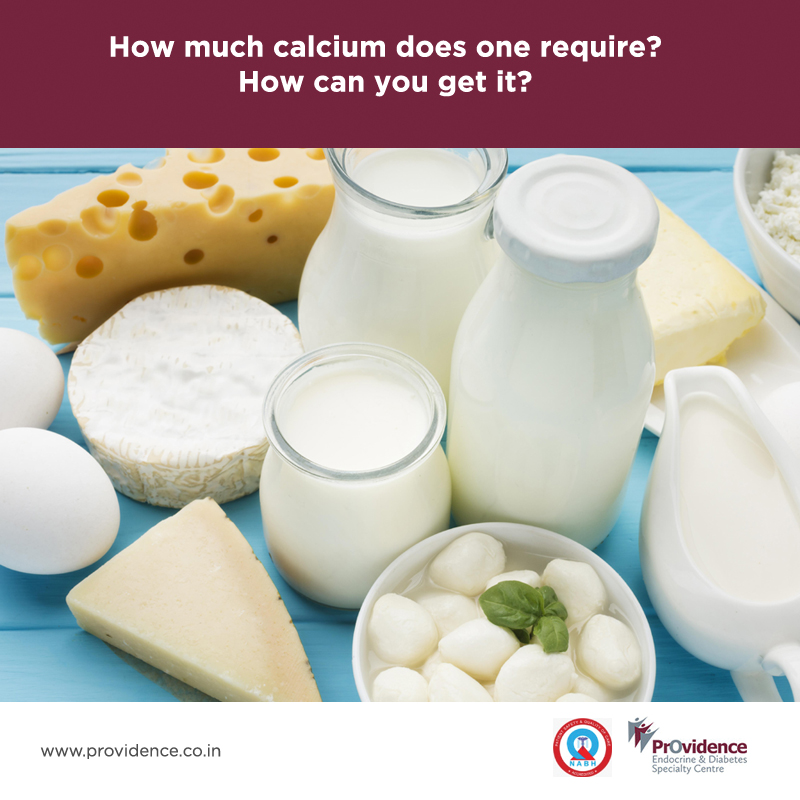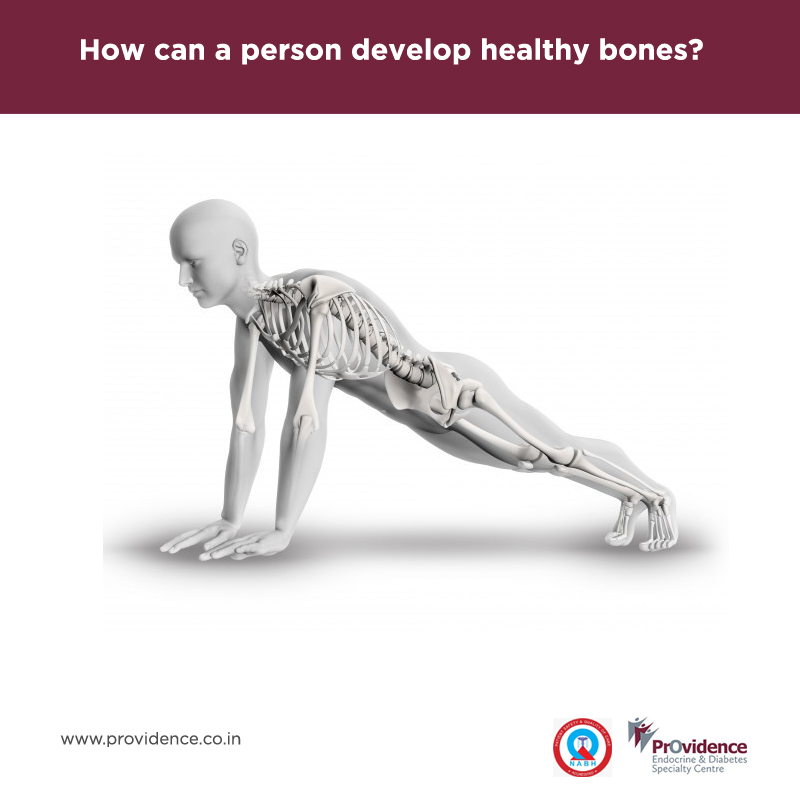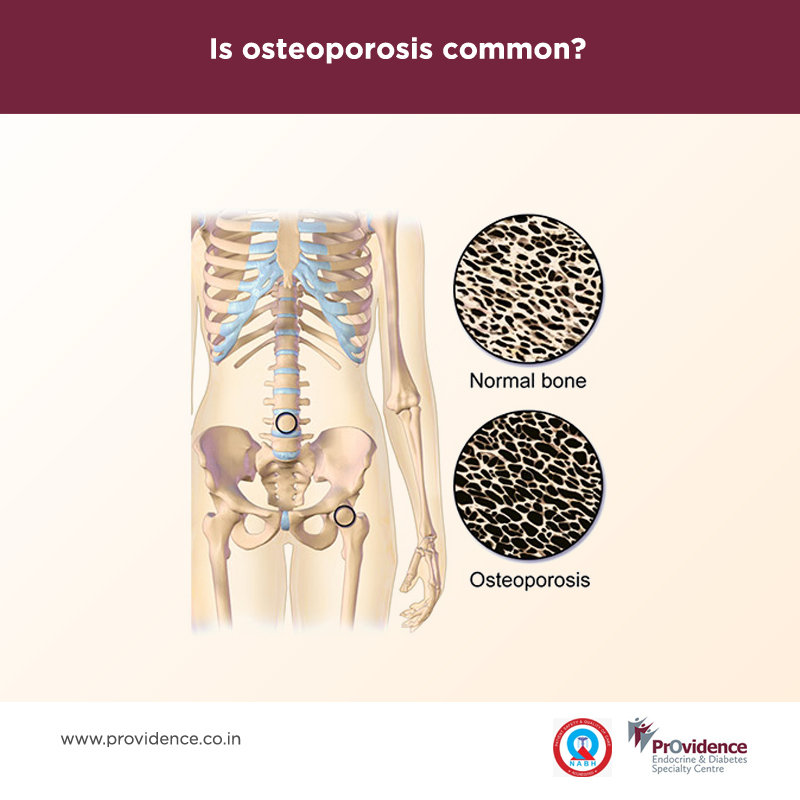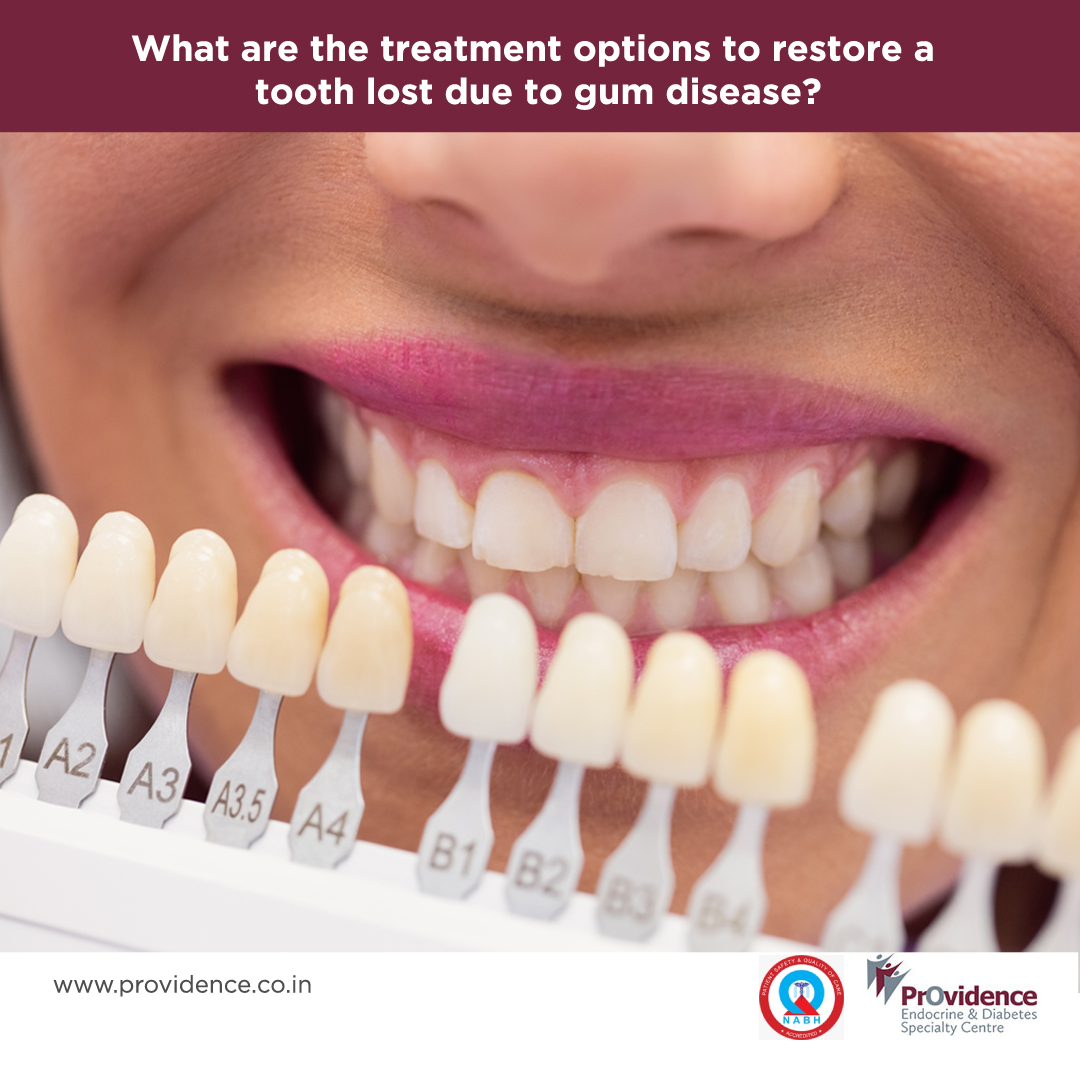Yes, Osteoporosis is treatable. However, the treatment of osteoporosis is not treating the bone alone. It includes adequate intake of nutrients (Calcium and Vitamin D), regular exercise, preventing falls and avoiding risk factors like smoking and alcohol. After discussing with your endocrinologist regarding the need for treatment, recommendations are given which are based on the chance of your risk of breaking a bone in the next 10 years using information such as the bone density test. There are several classes of medications used to treat osteoporosis. There are factors to consider when choosing the right osteoporosis medicine. These include sex, age, previous fracture, and other illnesses. In addition, the preference of the patient is considered like oral vs injectable treatment, daily vs once a week vs once a month/year treatment.
The main classes of medications that are currently available in India are:
·Hormone and hormone-related therapy: When osteoporosis is considered to occur due to low levels of oestrogen (in females) and testosterone (in males), treatment with these hormones is considered beneficial. Other related agents like Raloxifene and Calcitonin are also sometimes used.
·Bisphosphonates: These medications stop the body from re-absorbing bone tissue. There are several formulations (oral and injectable) with various dosing schemes (monthly, daily, weekly, and even yearly). These include Alendronate, Ibandronate and Zoledronic acid.
·Denosumab: It is available as an injection given every six months to women and men.
·Bone Building medications: These products build bone in people who have osteoporosis. The available medication is called Teriparatide and Abaloparatide. These drugs act like the bone hormone parathyroid hormone, and it stimulates new bone growth. It’s given by daily injection under the skin.
Once you have been diagnosed with osteoporosis, consult your endocrinologist to discuss the best treatment for you. It’s often not possible to say there is one best medication to treat osteoporosis. The ‘best’ treatment is the one that is best for the individual patient considering all factors.
Author- Dr. Tittu Oommen



